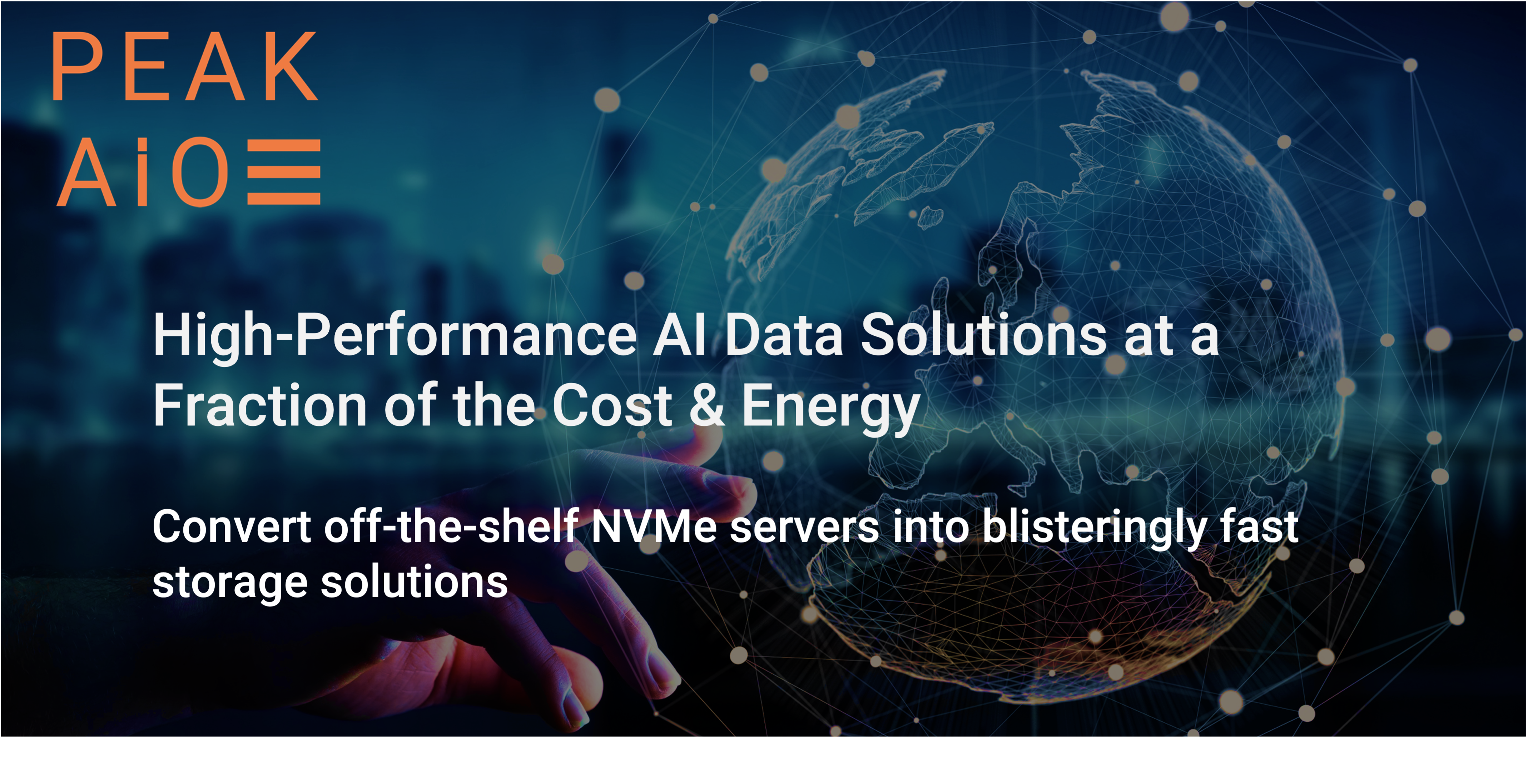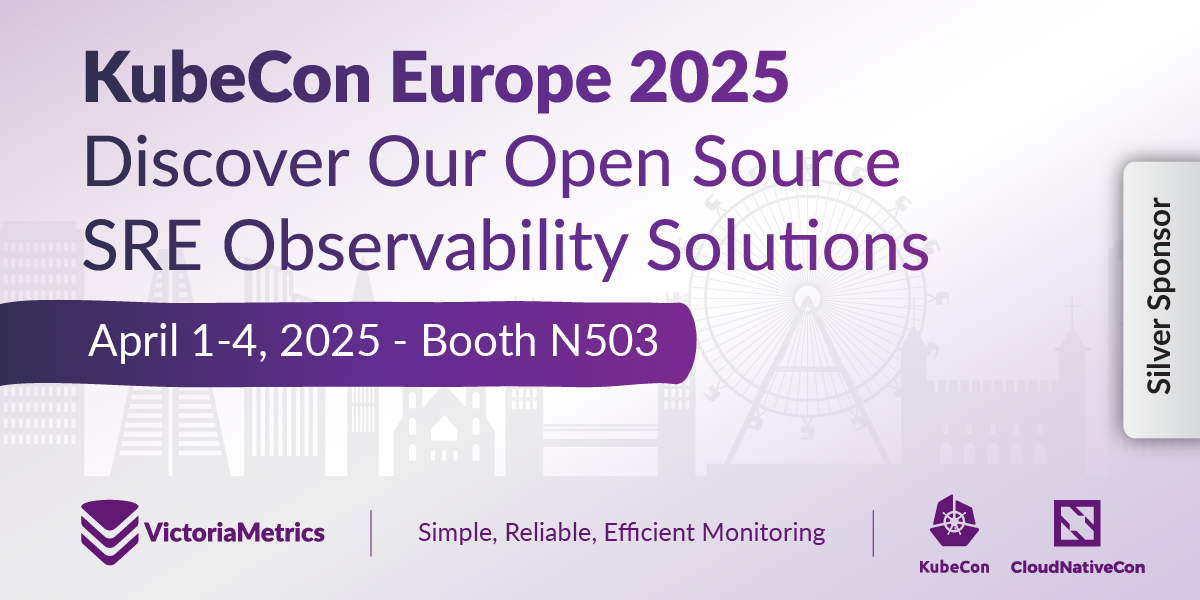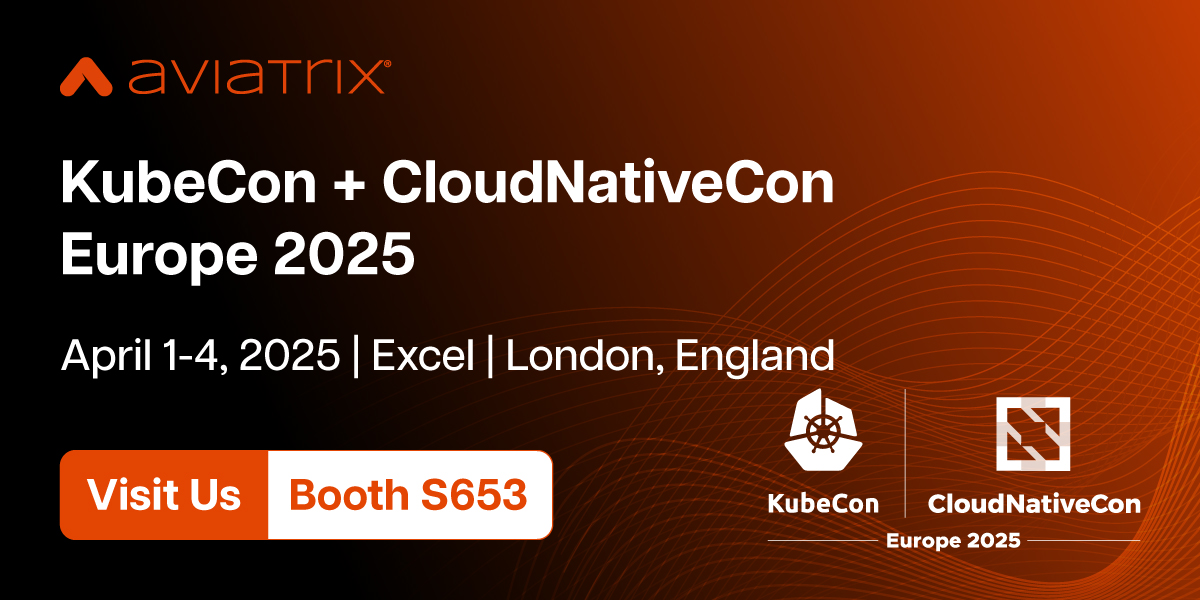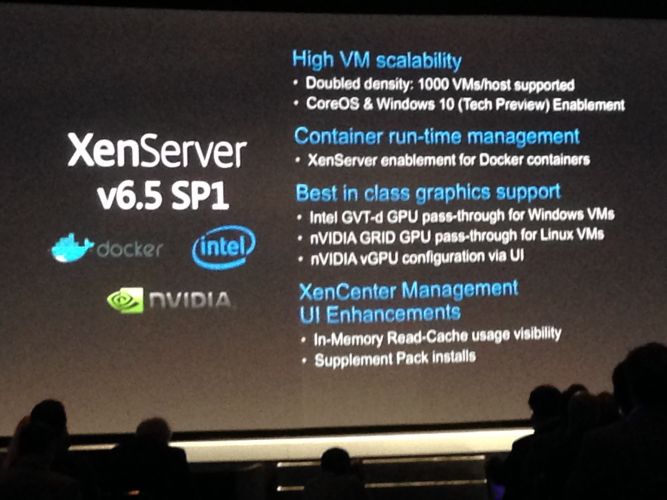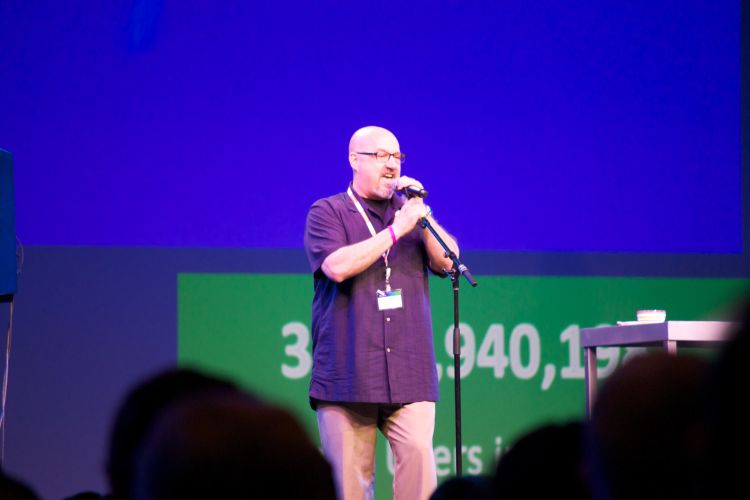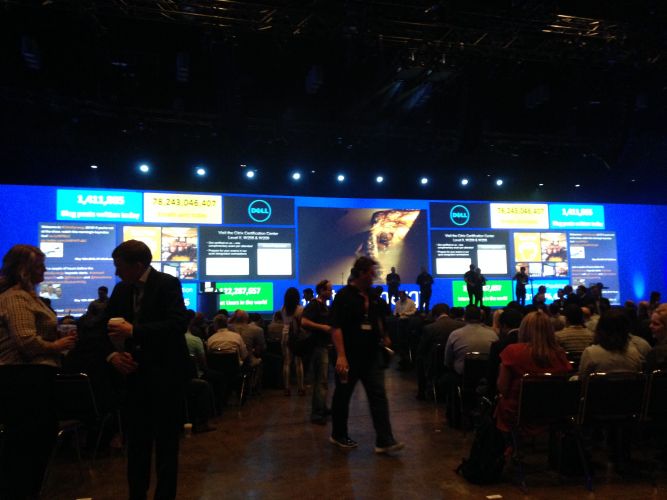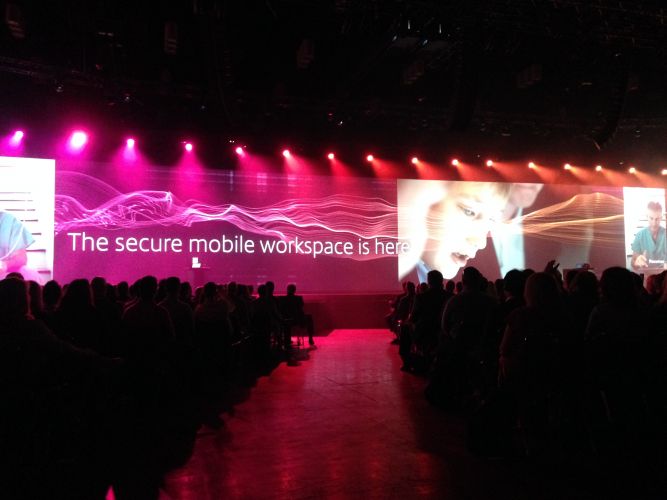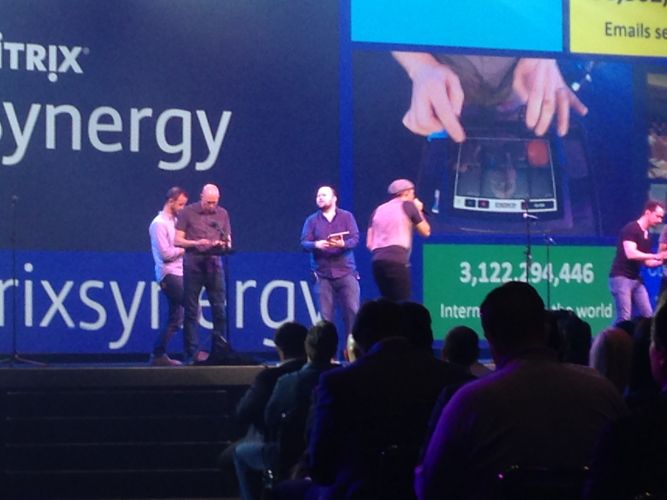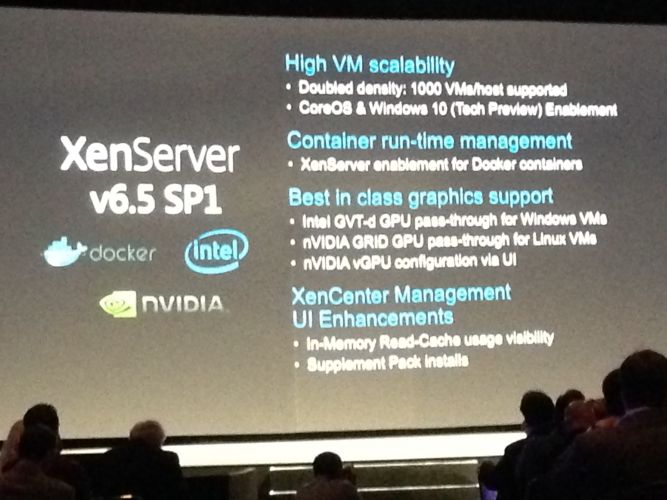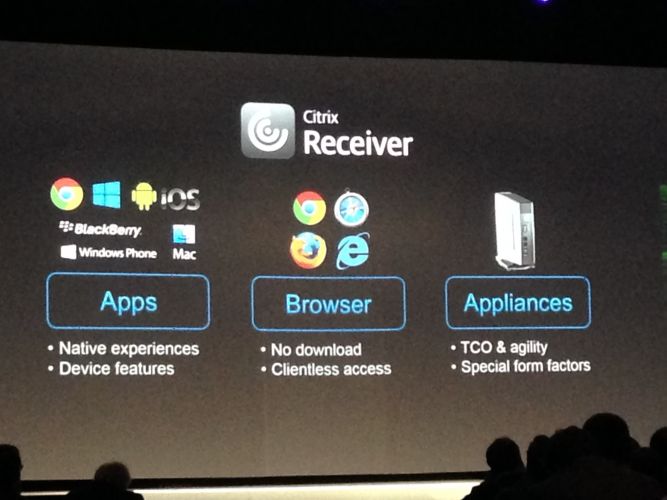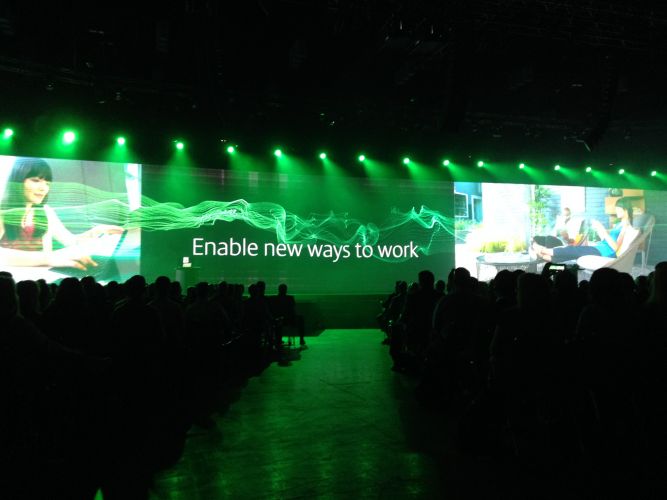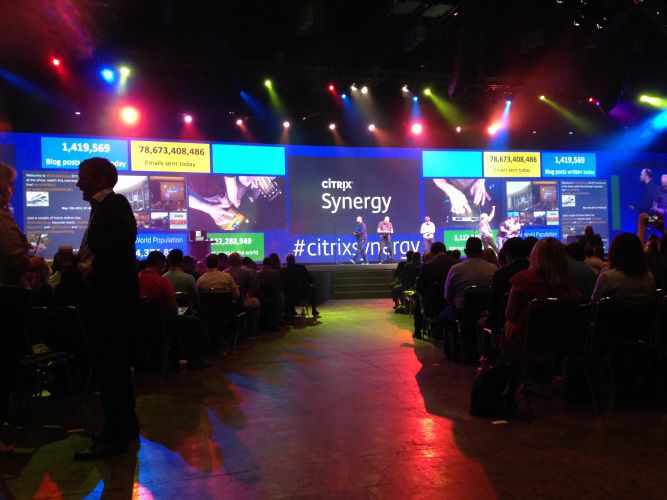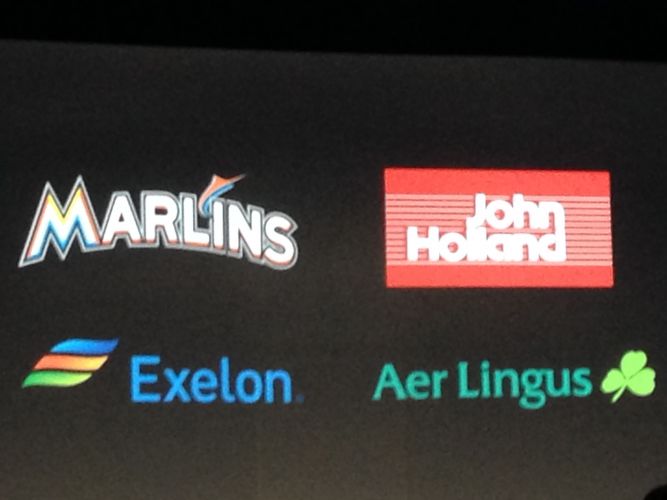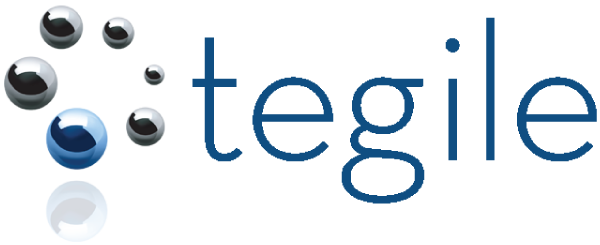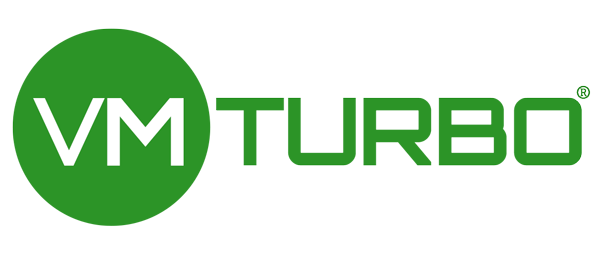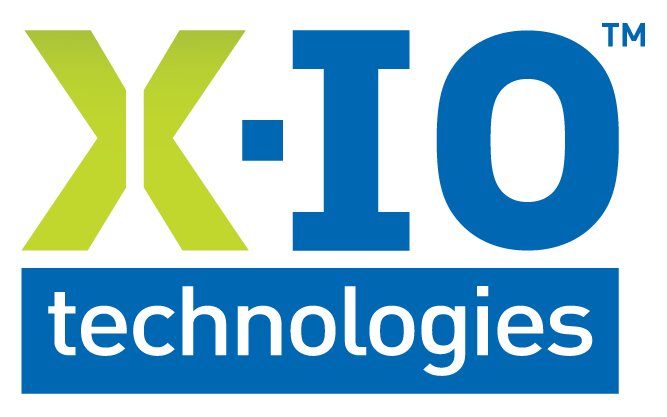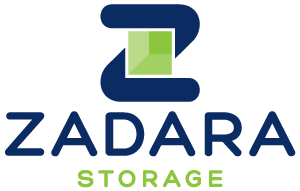Better Together: Containers and Virtual Machines
In cooperation with Docker, Google, and Pivotal, VMware will enable enterprises to run and manage their containerized applications on their VMware infrastructure or on VMware vCloud® Air™ hybrid service, while minimizing complexity by reducing the need to build out new and separate infrastructure silos for their container initiatives. By offering a common platform, developers will gain the speed and agility they need while providing IT teams with the control they require. Additionally, VMware will bring to bear its compute, management, storage, networking and security capabilities to container environments. By running containers within virtual machines on- or off-premises, enterprises will benefit from high performance, security isolation, dynamic virtual networking, software-defined storage and the broad ecosystem of third-party products built for virtual machines.
Docker, Google and Pivotal are committing to multiple areas of collaboration with VMware including:
- Docker and VMware will collaborate on enabling Docker Engine on VMware workflows from build to deploy for VMware vSphere® to VMware vCloud Air;
- Docker and VMware will collaborate on Docker-related open source projects libswarm, libcontainer and libchan;
- Docker and VMware will jointly work on furthering areas of interoperability between their products including Docker Hub with VMware vCloud Air, VMware vCenter Server™ and VMware vCloud® Automation Center™;
- VMware has joined the Kubernetes community and will make Kubernetes' patterns, APIs and tools available to enterprises;
- Google and VMware will work together to bring the pod based networking model of Open vSwitch to enable multi-cloud integration of Kubernetes;
- VMware has contributed code to bring Kubernetes to VMware vSphere to make it easy for enterprises get started with container management; and,
- VMware, Pivotal and Docker will collaborate on enhancing the Docker libcontainer project with capabilities from Warden, a Linux Container technology originally developed at VMware for Cloud Foundry.
In recent years, Linux containers have emerged to offer an operating system-level virtualization method for running multiple isolated services on a single host. VMware and its partners are extending container technologies across the enterprise through a number of efforts:
- Developers, enterprises, service providers, and ISVs are exploring Docker for application delivery because it cleanly separates applications from infrastructure, resulting in faster application lifecycles and the "write once, run anywhere" ability to move applications between laptops/workstations, data centers and clouds.
- Google's open source container manager Kubernetes deploys and manages containers into a fleet of servers. It embodies management practices Google learned over a decade of running their own internet scale applications in containers. Kubernetes makes it easy to deploy, scale, monitor and update container packaged services.
- Pivotal CF, based on the leading commercial distribution of the Cloud Foundry open source software project, uses a containers-in-VMs model for maximum speed and efficiency required for a modern development and operations platform. Cloud Foundry has used containers-in-VM's since the project's founding in 2011 in large-scale multi-tenant clouds.
- With more than 500,000 customers, VMware brings the openness, security, and the ability to manage containerized applications at scale that enterprise customers require to operate a common platform for all applications in private, public, and hybrid clouds.
Supporting Quotes
- "With Docker, Google and Pivotal, we will simplify the way enterprises develop, run and manage all application types on a common platform at scale," said Ben Fathi, chief technology officer, VMware. "In this way, Docker containers and virtual machines will provide an IT environment without compromise. Together, we will optimize containers for the enterprise -- enabling that they run effectively in software-defined data center environments."
- "Organizations are rapidly adopting the Docker platform because it allows them to ship apps faster, whether to bare metal, virtualized data center, or public cloud infrastructures," said Ben Golub, chief executive officer, Docker. "For enterprises seeking to efficiently build, ship, and run enterprise apps, Docker and VMware can deliver the best of both worlds for developers and IT/operations teams. Joint customers will benefit from enabling IT to run and operationalize their Docker environments on their current virtual infrastructure and take advantage of existing management, compliance, networking and security processes and tools."
- "Kubernetes has gathered broad support as a way to bring Google-style dynamic container management to a multi-cloud world. Today we are very pleased to welcome VMware to the community. Not only will deep integration with the VMware product line bring the benefits of Kubernetes to enterprise customers, but their commitment to invest in the core open source platform will benefit users running containers," said Joerg Heilig, VP Engineering, Google Cloud Platform. "Together, our work will bring VMware and Google Cloud Platform closer together as container based technologies become mainstream."
- "From the beginning, Cloud Foundry leveraged containers to revolutionize the speed and flexibility of enterprise application deployment," said James Watters, vice president Product, Marketing and Ecosystems for Cloud Foundry at Pivotal. "Pivotal CF is the leading container based platform for automating application lifecycle management; enabling enterprises to continuously deploy highly available microservice architectures and data services on cloud infrastructure. Docker integration unlocks even more collaborative workflows for the enterprise developer on Pivotal's reliable, scalable, operable platform-as-a-service."
Additional Resources
- Go to VMware Now to watch a live stream of the VMworld 2014 Keynote today 9:00 a.m. PT
- Go to the VMworld 2014 Online Press Kit
- Read "Better Together - Containers are a Natural Part of the Software-Defined Data Center," a blog post by Paul Strong, chief technology officer, Global Field, VMware
- Read "Docker & VMware: 1 + 1 = 3," a blog post by Ben Golub, chief executive officer, Docker
- Read "Containers, VMs and Kubernetes," a blog post by Craig Mcluckie, product manager, Google
- Pivotal Blog: Docker Service Broker for Cloud Foundry
- Keep up with VMware on Facebook, Google+, Twitter and YouTube
About VMware
VMware is the leader in virtualization and cloud infrastructure solutions that enable businesses to thrive in the Cloud Era. Customers rely on VMware to help them transform the way they build, deliver and consume Information Technology resources in a manner that is evolutionary and based on their specific needs. With 2013 revenues of $5.21 billion, VMware has more than 500,000 customers and 75,000 partners. The company is headquartered in Silicon Valley with offices throughout the world and can be found online at www.vmware.com.
About Docker, Inc.
Docker, Inc. is the commercial entity behind the open source Docker project, and is the chief sponsor of the Docker ecosystem. Docker is an open platform for developers and sysadmins to build, ship, and run distributed applications. With Docker, IT organizations shrink application delivery from months to minutes, frictionlessly move workloads between data centers and the cloud, and slash infrastructure costs by 50 percent or more. Inspired by an active community and by transparent, open source innovation, Docker has been downloaded 7+ million times and is used by thousands of the world's most innovative organizations, including eBay, Baidu, Yelp, Spotify, Yandex, and Cambridge HealthCare. Docker's rapid adoption has catalyzed an active ecosystem, resulting in more than 28,000 "Dockerized" applications and integration partnerships with AWS, Red Hat, Google, Canonical, IBM, OpenStack, Rackspace, VMware and Cloud Foundry.
Docker, Inc. is venture backed by Greylock Partners (Jerry Chen), Benchmark (Peter Fenton), Trinity Ventures (Dan Scholnick), AME Cloud Ventures (Yahoo! Founder Jerry Yang), Insight Venture Partners, Y Combinator, and SV Angel (Ron Conway).
About Pivotal
Pivotal offers a modern approach to technology that organizations need to thrive in a new era of business innovation. Our solutions intersect cloud, big data and agile development, creating a framework that increases data leverage, accelerates application delivery, and decreases costs, while providing enterprises the speed and scale they need to compete. More at www.pivotal.io.
VMware, VMware vSphere,vCloud Hybrid Service, vCloud Air, VMware vCenter Server, VMware vCloud Operations Center and VMworld are registered trademarks or trademarks of VMware, Inc. in the United States and other jurisdictions. All other marks and names mentioned herein may be trademarks of their respective companies.
Forward-Looking Statements
This press release contains forward-looking statements including, among other things, statements regarding plans for VMware, Docker, Google and Pivotal to collaborate on solutions to help enterprises run and manage container-based and other applications on a common platform, the potential benefits of such solutions for customers and expected projects and areas of collaboration. These forward-looking statements are subject to the safe harbor provisions created by the Private Securities Litigation Reform Act of 1995. Actual results could differ materially from those projected in the forward-looking statements as a result of certain risk factors, including but not limited to (i) changes to priorities and spending allocations for each of the companies; (ii) adverse changes in general economic or market conditions; (iii) delays or reductions in information technology spending; (iv) competitive factors, including but not limited to pricing pressures, industry consolidation, entry of new competitors into the enterprise software and cloud computing markets, and new product and marketing initiatives by our competitors; (v) our customers' ability to develop, and to transition to, new products and computing strategies such as cloud computing and mobile device management; (vi) the uncertainty of customer acceptance of emerging technology; (vii) rapid technological and market changes in virtualization software and application platforms for enterprise computing; (viii) changes to product development timelines; (ix) the successful interoperability and integration of the technologies involved; (x) VMware's ability to protect its proprietary technology; and (xi) VMware's ability to attract and retain highly qualified employees.. These forward looking statements are based on current expectations and are subject to uncertainties and changes in condition, significance, value and effect as well as other risks detailed in documents filed with the Securities and Exchange Commission, including our most recent reports on Form 10-K and Form 10-Q and current reports on Form 8-K that we may file from time to time, which could cause actual results to vary from expectations. VMware assumes no obligation to, and does not currently intend to, update any such forward-looking statements after the date of this release




